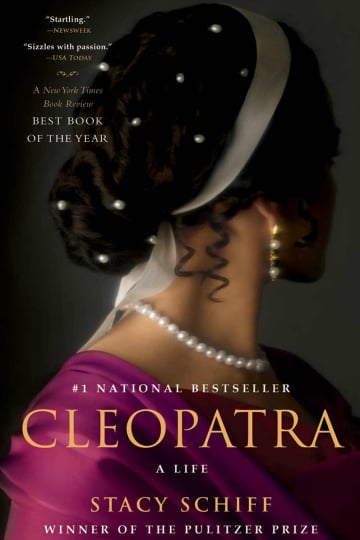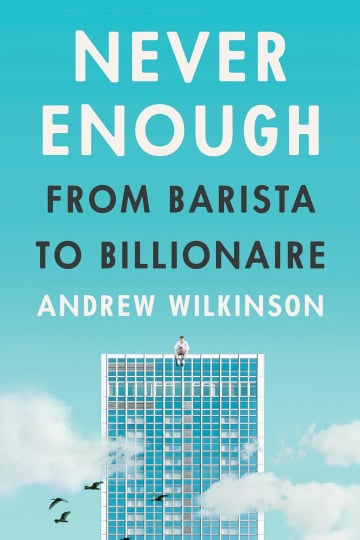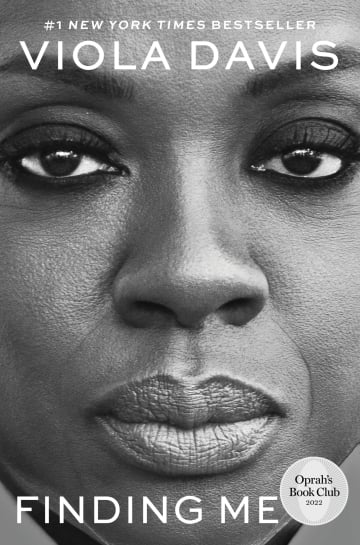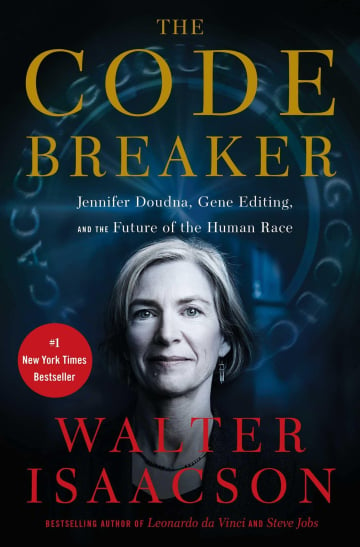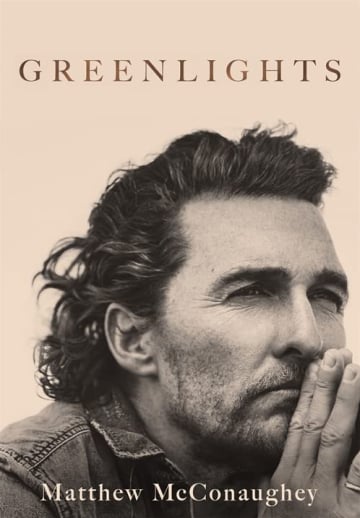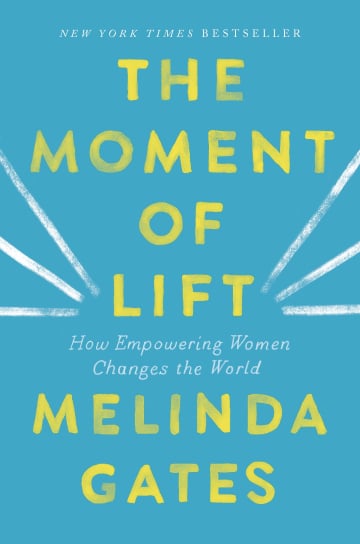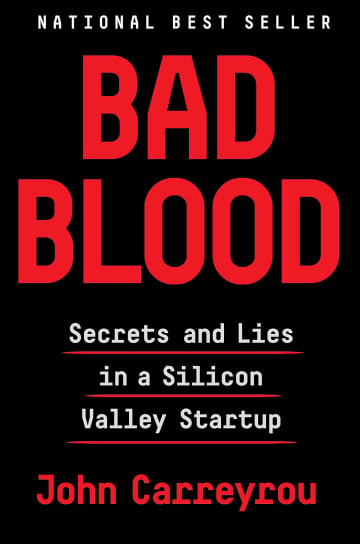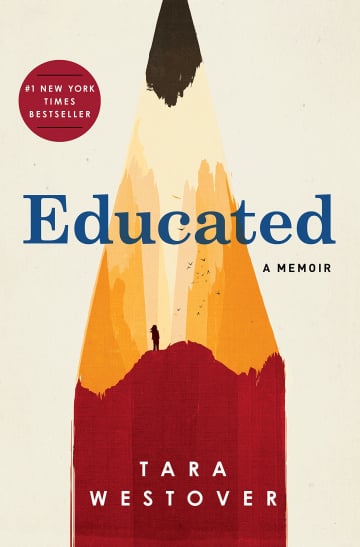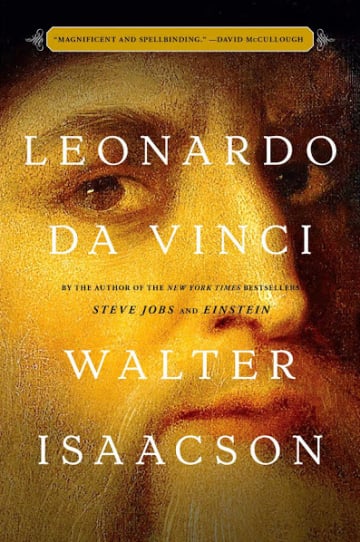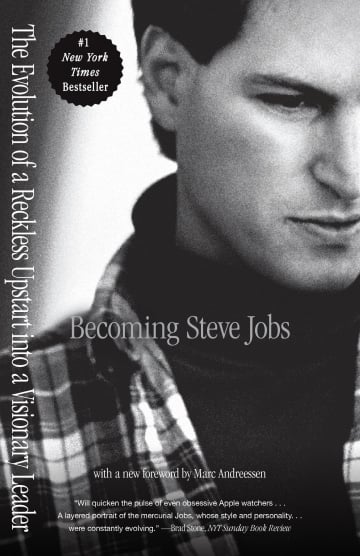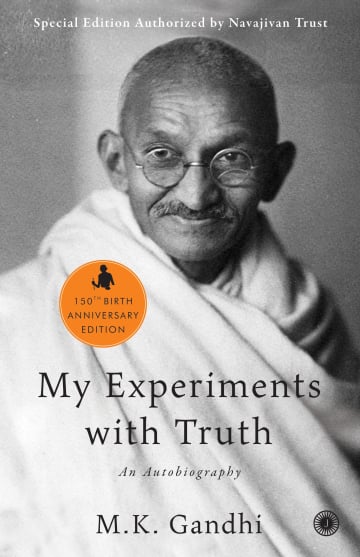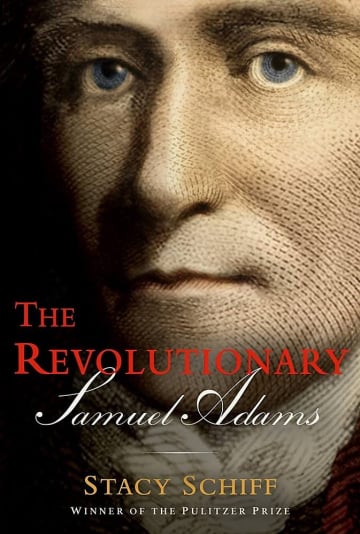
The Revolutionary: Samuel Adams
⚡️ 10 Quotes from the book
“To have a villainous ruler imposed on you was a misfortune. To elect him yourself was a disgrace.”
“We cannot control events, Samuel Adams liked to say. The trick, he revealed that summer, “is to foresee as far as we are able, prepare for, and improve them.”
“History is that thing that, in hindsight, one always saw coming; a few seem able to glimpse it before it has settled on its destination.”
“There is all the same some truth to the allegation that — as one intimate put it — the American Revolution could be blamed on the Harvard College library.”
“Luxury and extravagance,” the adult Adams would fret, “are in my opinion totally destructive of those virtues which are necessary for the preservation of the liberty and happiness of the people.”
“Were taxes to be levied, Franklin warned, pandemonium would result. Especially when it came to imposing burdens on people, he observed, it was wise to consider what they were inclined to think as well as how they ought to think.”
“Gazing east, Adams elaborated. “Power is intoxicating,” he wrote, “and those who are possessed of it too often grow vain and insolent.”
“A worthy governor did not blindly follow orders. He followed his conscience.”
“Any people who preferred “a wealthy villain” to “an honest upright man in poverty” deserved, Hancock lectured, to find itself oppressed.”
“Differences of opinion should not be construed as differences of principle.”
Related videos
Publications
The New York Times: The Rabble-Rouser Who ‘Wired a Continent for Rebellion’
The Wall Street Journal: ‘The Revolutionary’ Review: A Draft of Samuel Adams
The Washington Post: Should we celebrate Samuel Adams, or condemn him?
National Public Radio: Author reminds Americans that Samuel Adams was a revolutionary before he was a beer
Ask Albert:
Rate the book
⚡️ Discover Even More Bookish Wisdom
recommends
recommends
recommends
recommends

